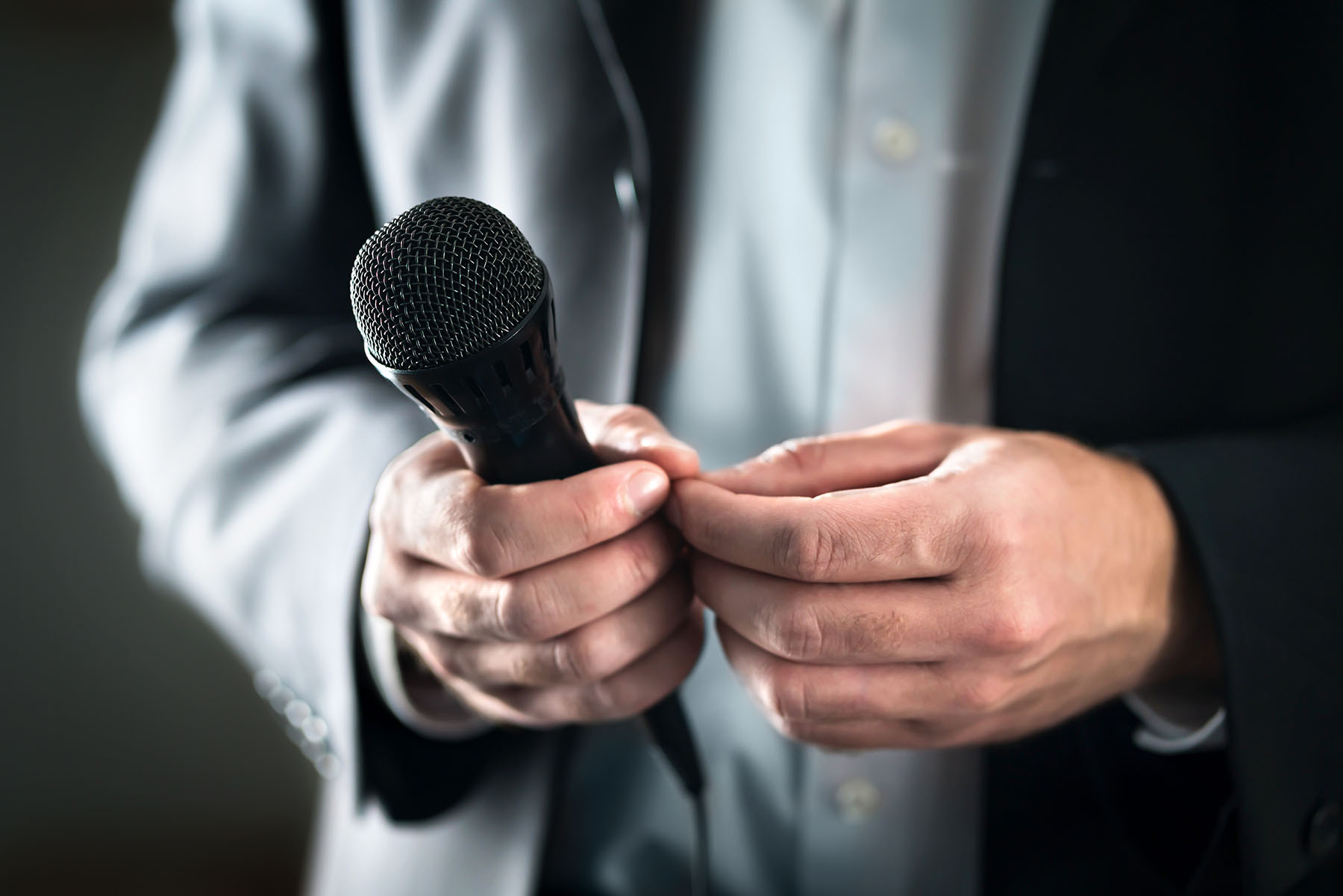Can You Overcome a Social Phobia?

A social phobia, also known as social anxiety disorder, can make a lot of common life occurrences difficult to bear.
For example, a large family or friend gathering for a special occasion creates anxiety and discomfort. A chance to present your work in front of a group seems like a harbinger of embarrassment.
The Anxiety & Depression Association of America (ADAA) says that some people with social phobias may experience symptoms beyond anxiety or distress. Sweating, nausea, rapid heart rate, or anxiety attacks are all potential symptoms that can accompany social phobia. But even individuals with mild cases can experience extreme discomfort and anxiety in social settings.
Social phobias can also range in nature and intensity, says the American Academy of Family Physicians. For example, some people may only experience anxiety when speaking in front of a large group. Others may feel symptoms whenever they are out in public or around many people.
“Anxiety is experienced slightly differently from person to person, but all forms of anxiety cause autonomic nervous system activation,” says Felicia Gould, Ph.D., a clinical neuropsychologist and an assistant professor of psychiatry and behavior sciences at the University of Miami Miller School of Medicine.
“This, in turn, causes a fight or flight response that can cause you to sweat, tremble, feel flushed, and experience rapid heart rate, shortness of breath, or other panic-like symptoms.”
Many people with social phobias actively avoid situations that involve public speaking or large groups of people.
And this isolation leads to more anxiety about facing these challenges, making social phobias a bit of a “slippery slope” that continues to get worse over time.
“The isolation of the recent COVID-19 pandemic has made this situation even more challenging for some people with social phobias,” she says.
Social phobias are a genuine health concern faced by many.
However, social gatherings and work demands can sometimes make these scenarios unavoidable. That’s why Dr. Gould says it’s key for individuals to have a strategy to cope with these situations when needed and seek outside help when social phobia becomes overwhelming.
For short-term coping, Dr. Gould recommends the following:
Prepare talking points.
By having some topics of conversation prepared in advance, Dr. Gould says you can break the ice without ending up in awkward and anxiety-inducing silence. Also, having a script to rely on during presentations could help avoid the onset of anxiety.
Practice relaxing before the event.
Dr. Gould says that many of her patients rely on guided meditation, breathing techniques, or aromatherapy to get their minds in a calm and peaceful place before social events or public speaking.
Embrace the uncomfortable.
Some people with social phobias may not like to hear it, but the best way to overcome it is to confront the scenarios that cause the onset of dread. With repetition over time, the anxiety tends to lessen as you grow more accustomed to these situations.
If you need it, ask for help.
Finally, Dr. Gould says you should consult a therapist or another health care provider if your phobia is causing you to miss important events or harming your career.
“If you’re missing important events, refusing to meet up with friends more times than not, avoiding dating altogether, or actively avoiding several types of social situations, that needs attention,” she says.
Several treatment options are available for those with severe social anxiety disorders, including cognitive behavioral therapy and medications. Speak with your health care provider about the right treatment approach for you.
Wyatt Myers is a contributor for UHealth’s news service.
Tags: Dr. Felicia Gould, fear and anxiety, social interactions, symptoms of social anxiety, thought patterns, treat social anxiety disorder
